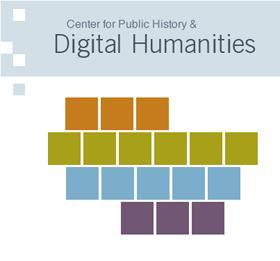Project Description

Curating East Africa
Center for Public History + Digital Humanities (CPHDH)
at Cleveland State University
Smart City Project Overview

Curating East Africa was part of a five-year project funded by two National Endowment for the Humanities grants to develop a mobile-first strategy and WordPress theme and plugin to support robust humanities-centered, location-based interpretation in developing-world contexts.
Curating East Africa involved a transnational research team and resulted in the adaptation of the Center’s Curatescape mobile publishing platform for WordPress, providing a platform and process for a model of sustainable and affordable location-based digital storytelling optimized by developing nations informed by research with collaborating Kenyan scholars. It also created a pilot website in which students in the U.S. and Kenya co-curated more than 50 geo-located illustrated essays about historic sites in the western Kenyan city of Kisumu.
Organization's mission and/or purpose
The Center for Public History + Digital Humanities (CPHDH) at Cleveland State University Department of History develops state-of-the-art public humanities projects and resources rooted in scholarly disciplines in concert with university and K-12 educators and students, libraries, museums and cultural institutions, and neighborhood organizations.
Project Links
- Project Spotlight: Curatescape
- MaCleKi - history of Kisumu, Kenya, through location-based essays and media
- Curating East Africa: A Platform and Process for Location-based Storytelling in the Developing World (white paper)
COLLABORATING ORGANIZATIONS
- Center for Public History + Digital Humanities, Cleveland State University
- Curatescape
- Maseno University
- Kisumu Museum - National Museums of Kenya
IMPACT STATEMENT
Curating East Africa offered a set of lessons and best practices for academic collaboration, public engagement, and digital humanities research, provided an open-source toolset for extending the world’s most-used content management system, and left a significant web-based collection of narratives about heritage sites that contribute to the democratization of access to humanities knowledge.
Project point
J. Mark Souther, Ph.D.
[email protected]

